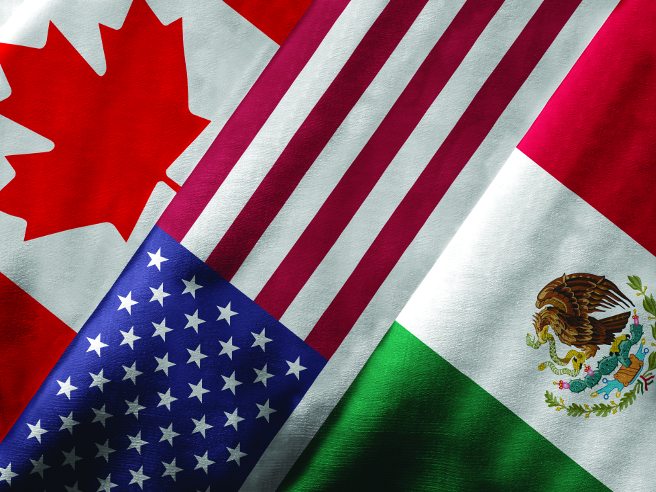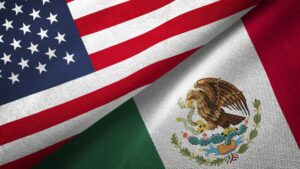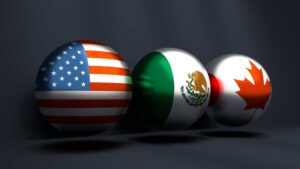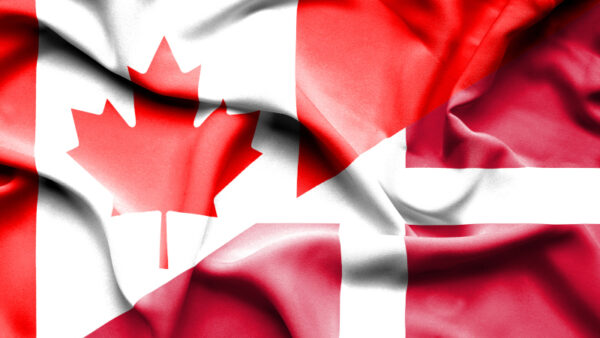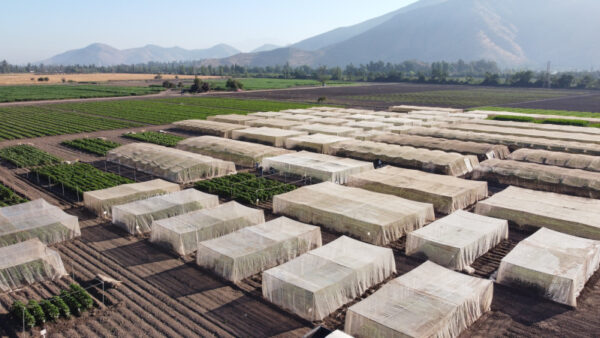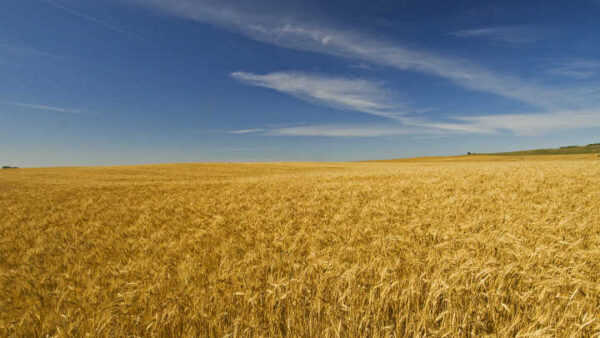Canadian officials are waiting to see how the United States plans to “set the table” for North American Free Trade Agreement (NAFTA) negotiations, Agriculture Minister Lawrence MacAulay says.
MacAulay, who met with U.S. ag secretary Sonny Perdue and Mexican ag secretary José Calzada this week, is cautiously optimistic about coming talks regarding NAFTA, spurred by President Donald Trump’s pledge to renegotiate the 23-year-old trading relationship.
“It’s evident from yesterday’s conversations with the North American ministers that NAFTA has been a valuable asset to the three countries,” MacAulay said June 21, the day after meeting with U.S. and Mexican officials in Garden City, Georgia.
Although he didn’t say what parts of NAFTA he thinks might be up for negotiation, he said it will be crucial going forward to emphasize the important role science and regulatory issues play in positive trade relationships between the three countries.
“Canada’s message to our NAFTA partners is clear: an integrated agriculture and food sector across North America is key to our future success. Beyond trade this means continued cooperation on the science and regulatory side,” he said.
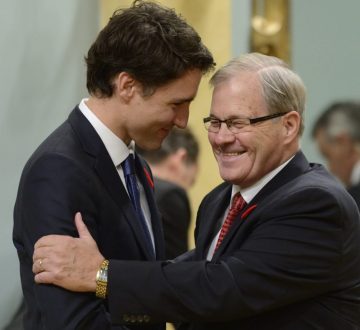
“There was a fair amount of discussion on sharing science and research. I used the example of Canadian scientists developing canola. We want to ensure we’re able to grow more on existing land. We’ve established a great cooperative approach between our three nations, and I think that will continue.”
In a joint statement, the three ministers noted that over the years, the United States, Mexico, and Canada have worked collaboratively to protect plant and animal health, conduct joint research, and share best practices.
“These efforts have helped to eradicate several pests and diseases from the region, differentiating us from the rest of the world. Our three countries remain committed to continued collaboration to ensure a safe and reliable regional supply chain that makes the North American agriculture sector more competitive.”
Over $80 billion in agricultural trade flows between the three nations each year.
Although Canada is ready to sit down and negotiate, MacAulay said Canadian officials are still “consulting with stakeholders” and they’ll wait to see what comes forward.
“We want to work closely on the regulatory process and make sure there’s a level playing field.”
The coming NAFTA negotiations will take place just months after Trump formally withdrew the United States from the Trans-Pacific Partnership (TPP), effectively rendering that agreement dead in the water.
It was anticipated the TPP would have a number of benefits for the Canadian seed industry. The TPP was expected to help improve the trade of seed with attention given to sanitary and phytosanitary standards, biotechnology, regulatory cooperation and streamlined customs administration procedures.
Under NAFTA, certain Canadian professionals, including research scientists, may enter the United States and Mexico to carry out professional activities for an employer or on contract to an enterprise located in a member country. This includes performing training functions or conducting seminars related to their profession. Professionals are exempt from the job-validation process normally required of individuals seeking to work in another country.
“A lot of CSTA member companies operate in the U.S., and our hope is that integration of the two economies is something that will continue. If the U.S. is pulling away from trade deals, that’s their decision,” Canadian Seed Trade Association government affairs and policy director Dave Carey recently told Germination.


